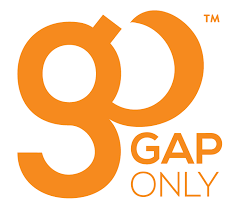Brachycephalic Airway Disease
We’ll help your bulldog get the most out of life!
At Macquarie Veterinary Hospital, we love our squashed faced dogs. We just want to help them breath the best they can.
Brachycephalic airway disease refers to all squashed faced dogs that by definition have alterations to their breathing because of the shape of their nose and airways. The changes start right from the tip of their nostrils, through to the back of the throat and soft palate, down their windpipe and into their lungs.
The most common breeds we see in for surgery are pugs, French bulldogs, Australian bulldogs, British bulldogs and Cavalier King Charles Spaniels. We assess each dog in their own right to see exactly what surgery will involve for them. One thing we know for sure is that every single one will benefit from surgery, we just have to figure out specifically what is needed in each case.
The surgical options include widening of the nostrils, shortening of the soft palate and removal of the laryngeal saccules if required.
We know the risk of surgical and anaesthetic complications is higher in bulldogs and pugs so we take all the precautions we can to make the surgery as safe as possible. For that reason all dogs will have a blood test and chest x-rays prior to surgery to make sure they are otherwise healthy candidates for the procedure. After surgery, we send all cases for overnight monitoring before they go home with you the next day.
Pre Surgery Care
We understand that surgery for your pet can be daunting and scary. The aim of our pre-surgery care is to minimise your concerns and prepare your pet for safe and stress free surgery.


Brachycephalic Airway Surgery
We take anaesthetic monitoring and airway surgery in brachycephalic dogs very seriously. We use the latest in recommended anaesthetic and surgical techniques to get the best outcome we can for you dog.
Post Surgery Care
Following surgery, we transfer all patients across to a 24 hour hospital (Northside Emergency Veterinary Service) for overnight monitoring. This helps reduce the risk of post operative complications and means any issues can be addressed if they arise. We then have them transferred back to our clinic for further monitoring the next day for one final check before they go home!

Gap Only Payments Available!
We work directly with most insurance companies so that you only have to pay the gap for any hospital treatment or surgery. Sorted!


